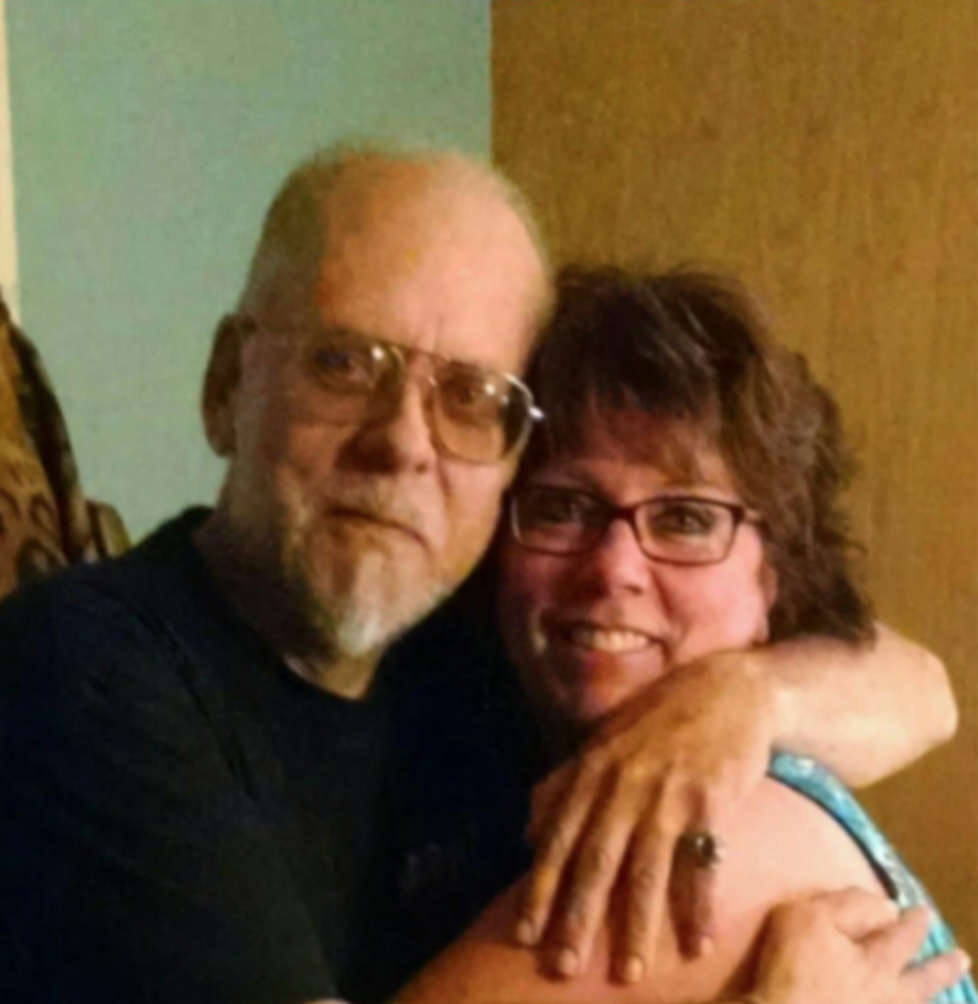My name is Lori Dumont and I am from Brewer, Maine. Unfortunately, I know all too well what it is like to struggle to afford medication since I have seen my brother struggle with his prescription costs.

It all started when my then 56-year-old brother did not show up to work. This worried his co-workers, who called his neighbors to check on him. The neighbors, not getting a response, then called the paramedics. My brother was found dead. Paramedics worked diligently to revive him and he was rushed to the hospital and put on life support. His core temp was 88 degrees at the time he was found. He was immediately airlifted to another hospital where he remained on life support, not expected to live. The following evening, by the grace of God, he woke up and there was no brain damage. He spent the next month in the hospital being treated for the damages caused to his body from the ordeal, including kidney failure. Despite all that happened, I still feel lucky that I did not lose my brother that day.
All of this could have been avoided. My brother suffered ketoacidosis because he could not afford his insulin. Like so many others, his insulin costs were out of control. For both his long term and short term insulin he was paying about $1,500 a month. On a fixed income, high drug prices are literally a matter of life and death. My brother had not told anyone he was struggling to afford his insulin and was trying to control his diabetes through diet alone, which is a dangerous and deadly practice.
I am the only one he could depend on to be his advocate and support system. I have my own set of health issues that I deal with, but the role of a caregiver was almost a full-time job and my brother’s needs always came first. I was with him eight hours a day at the hospital and applied to every assistance program I possibly could on his behalf so he would have all he needed to be alright when he was discharged. He could no longer work and his kidneys were no longer functioning so he was going to need SSDI, food stamps, Mainecare, and help to get his rent paid so he wouldn’t lose his apartment. Most importantly, I had to make sure he had insulin waiting for him when he was discharged. A program at his local hospital gives insulin to people in dire need, and thank God he got enough to last until he was approved for Mainecare.
If insulin were more affordable, both of our lives would have been stress-free, both for him as a patient and me as a caretaker. It is a huge burden not knowing if you will be able to afford your medication each month. It’s scary to think that insulin might not be there when you get out of the hospital, which you were in because of not being to afford insulin in the first place. No one should have to experience those feelings.
My brother’s story is not rare. Fortunately, he survived. However, there are many who do not. The root of the problem is the high drug prices. The drug companies are literally letting people die because they cannot afford medication. It’s not right. Patients must have access to the drugs they need to survive. As a caretaker and a sister, I am seeing the impact firsthand. Something must be done –– and soon.
